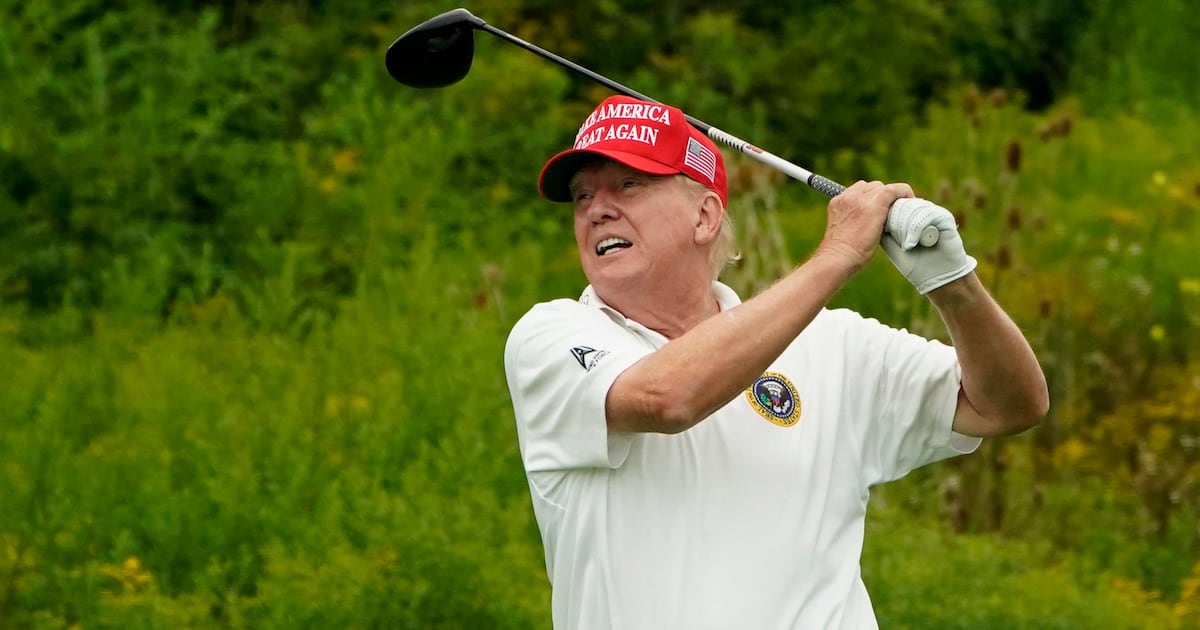Two-thirds of women in the U.S. military say they have been sexually harassed or assaulted in the service, according to a new poll—a far higher number than reported in previous surveys.
The results underscore the depth of a problem that the Pentagon has been promising to solve for years.
The poll of more than 1,000 service members—conducted by Smithsonian magazine in conjunction with Stars and Stripes and the Schar School at George Mason University— found that 68 percent of women said they had experienced gender discrimination in the military. Sixty-six percent said they had experienced sexual harassment or assault.
By comparison, a study commissioned by the Defense Department in 2015 found that up to 27 percent of women had experienced sexual assault or harassment while in the military.
The higher numbers in the new poll didn’t surprise retired Navy Capt. Lory Manning, director of government operations for the Service Women’s Action Network.
“I was in the military for 25 years and I don’t know a woman from that entire time who didn’t experience both [discrimination and harassment],” Manning told The Daily Beast. “I would have expected those numbers to be higher.”
The Pentagon does not track instances of sexual harassment, but said in a recent report that more than 5,000 service members reported being sexually assaulted in fiscal year 2017—an increase of 10 percent from the year before. Military officials billed the increase as a good sign, calling it “an indicator that Service members continue to gain confidence in the department’s sexual assault response system.”
Advocates say the Pentagon total is likely much lower than the actual number of assaults. The 2015 study found approximately 20,300 active-component service members—or 4.9 percent of women and 1 percent of men—said they had been sexually assaulted in the previous year. An estimated 22 percent of women and 7 percent of men said they were sexually harassed.
In the Smithsonian survey, 6 percent of men said they had been harassed or assaulted.
The Pentagon did not respond to a request for comment on the findings.
The military has struggled publicly with sexual misconduct in its ranks for decades. Congress has made changes to the way military sexual assault cases are handled in recent years, and military academies have starting hosting sexual harassment and assault prevention trainings, but advocates say more needs to be done.
In 2017, investigative reporters discovered a secret Facebook group in which members of the Marines shared and commented on photos of nude servicewomen. The year before, an aide to the Navy’s top officer allegedly made sexual advances on multiple subordinate officers at an office holiday party and was kept on staff for another nine months.
Manning said the military had made great strides in how it treats survivors of sexual assault and harassment but has done little to address the underlying culture.
“They need to concentrate on simply stopping sexual assault,” Manning said. “We’re treating the victims better but we’re still not stopping the basic problem. I don’t think we’ve made any progress at all—in the military or in the country at large—at stopping plain old sexual assault and sexual harassment.”







